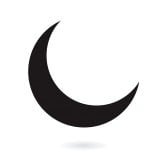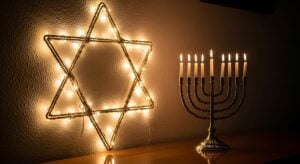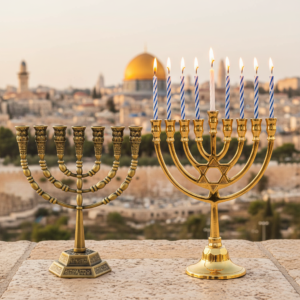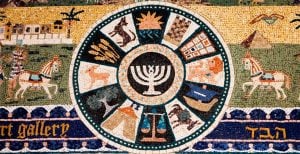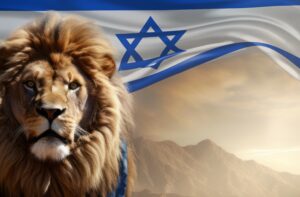 The idea of sanctifying time is one of the foundations of Jewish faith and practice. In fact, the first words of the Torah are “In the beginning,” the beginning of time itself, which ever since has provided the backdrop for the interaction of the physical world and the spiritual which preceded it. It shouldn’t come as a surprise, then, that the first commandment in the Torah given to the Jews as a nation was to create a calendar, this one based on the cycle of the moon:
The idea of sanctifying time is one of the foundations of Jewish faith and practice. In fact, the first words of the Torah are “In the beginning,” the beginning of time itself, which ever since has provided the backdrop for the interaction of the physical world and the spiritual which preceded it. It shouldn’t come as a surprise, then, that the first commandment in the Torah given to the Jews as a nation was to create a calendar, this one based on the cycle of the moon:
“And G d said to Moses… in the land of Egypt… This month is for you, the head of the months. First it is for you among the months of the year.” (Exodus 12:1-2).
In the Book of Numbers (10:10), G-d speaks of the celebration of the new moon to Moses:
“And on your joyous occasions – your fixed festivals and new moon days – you shall sound the trumpets over your burnt offerings and your sacrifices of well-being.”
Rosh Chodesh, literally the “head of the month,” marks the beginning each month when the new moon first appears, a tiny sliver in the night sky. Indeed, the Hebrew word chodesh is related to the word chadash, which means new. The moon’s cycle of waxing and waning is a natural symbol of renewal and re-birth, and so Rosh Chodesh offers the opportunity for our own monthly personal renewal as well.
Rosh Chodesh in Ancient Times
In ancient Israel, Rosh Chodesh was determined by the testimony of eye witnesses, and the entire calendar was dependent upon these testomonies. Why? without establishing Rosh Chodesh each month, there would be no way of accurately declaring when the subsequent holidays of each year were supposed to occur. In this sense, the day after the moon appeared was a festival, announced with the sounding of the shofar, family festivities and special sacrifices.
After the destruction of the Second Temple in 70 C.E., a standardized calendar based upon scientific calculations of the lunar cycle was established, and making it possible to determine the Jewish calendar well into the future.
Rosh Chodesh in Modern Times
Today, Rosh Chodesh is celebrated as a minor celebration. Special prayers are added to the daily service, it is customary to put on more festive clothing, and we do not mourn, fast or eulogize on Rosh Chodesh in honor of the day’s special character.
